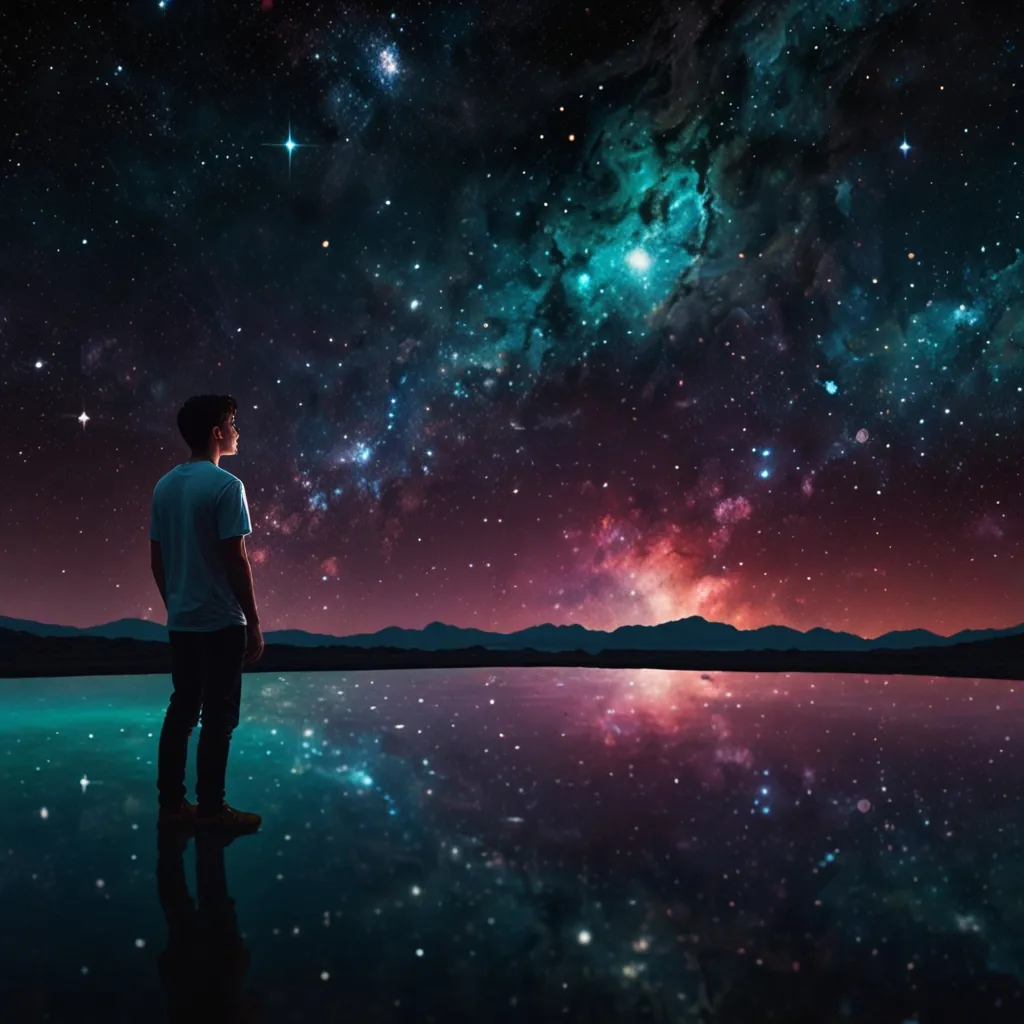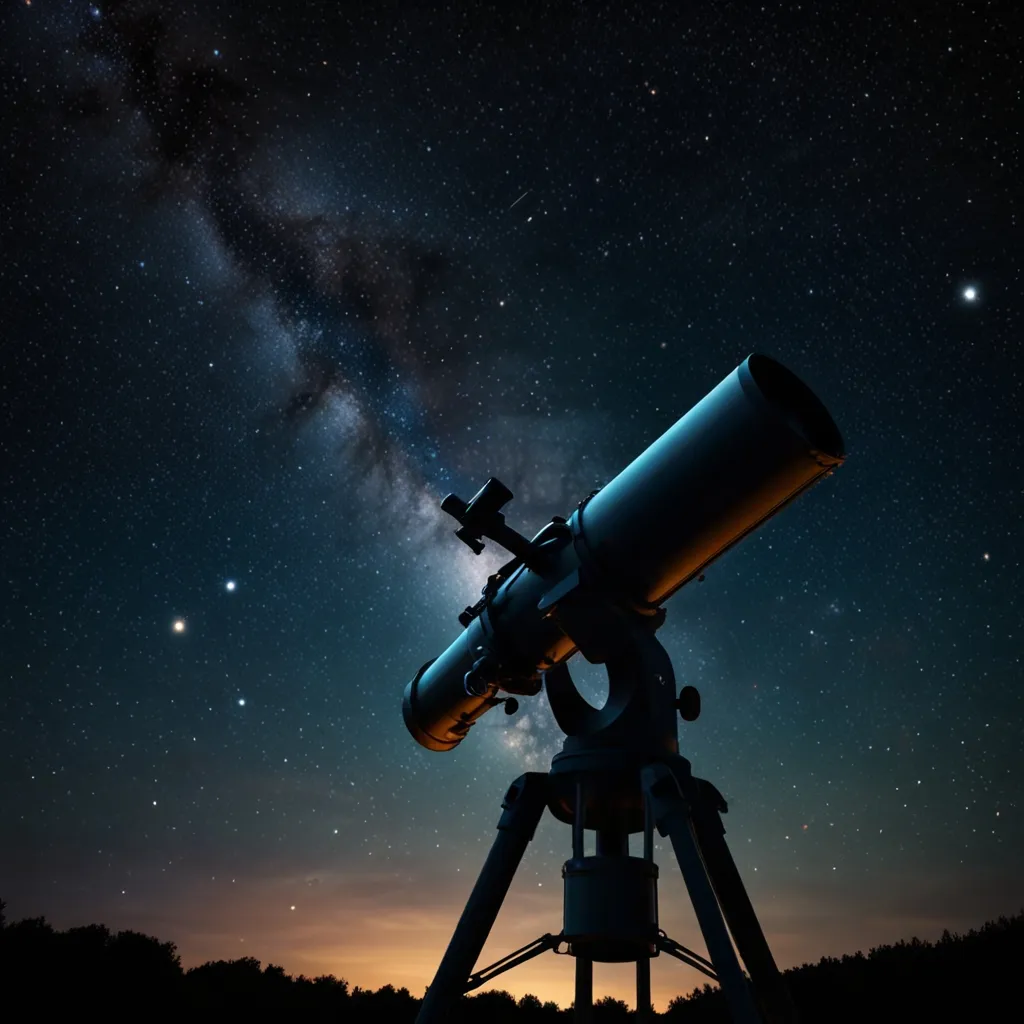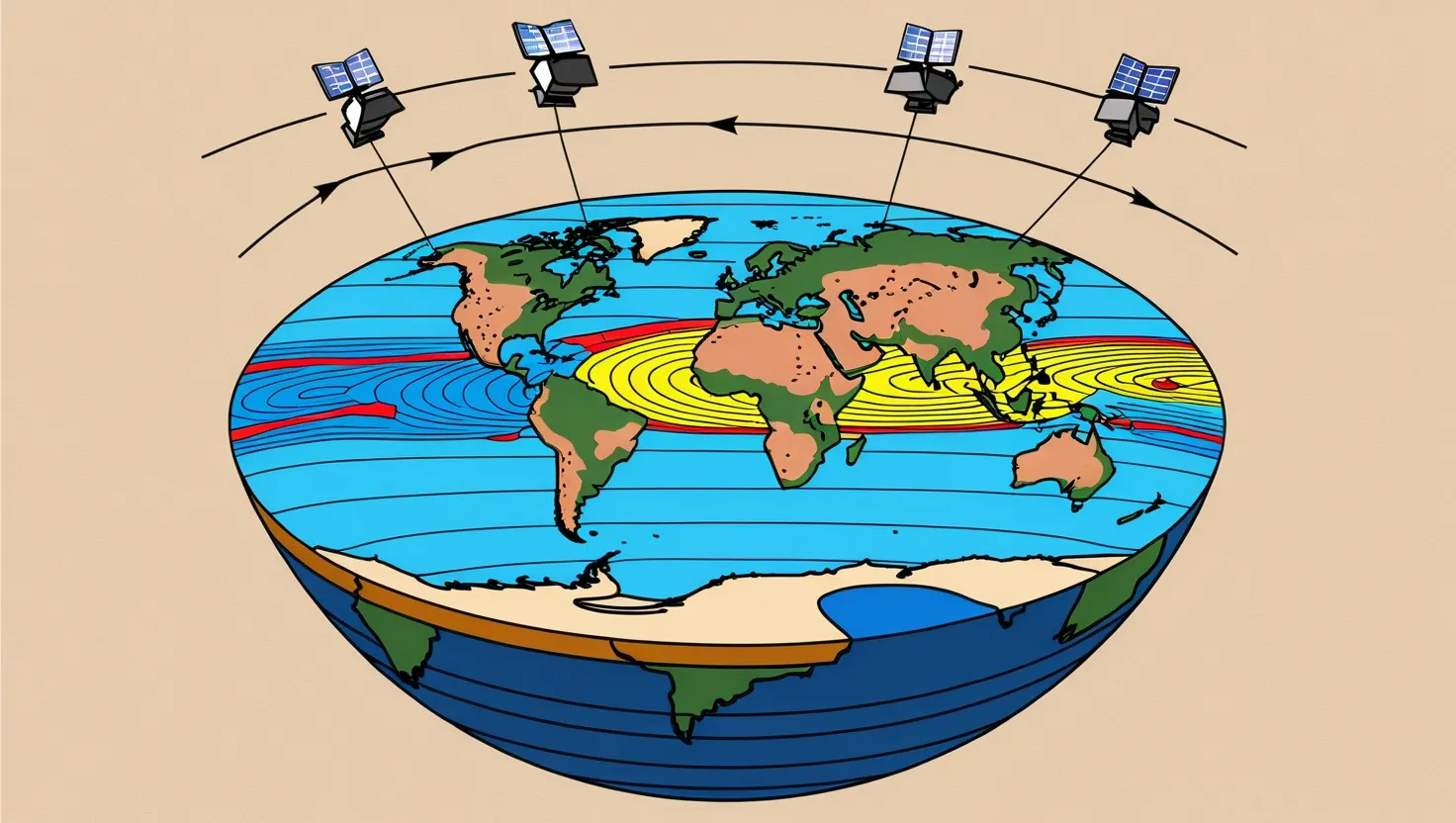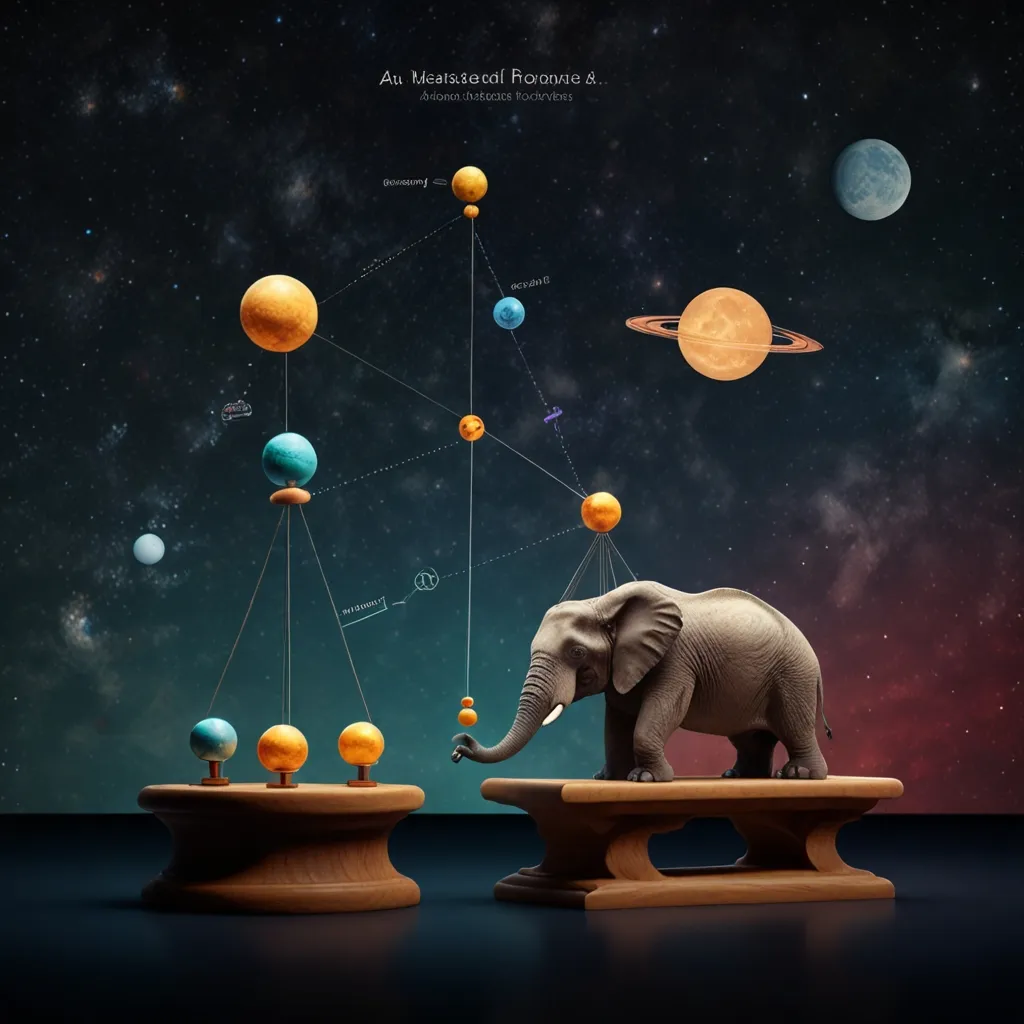Have you ever pondered who the person looking back at you in the mirror truly is? When you peer into your own eyes, do you recognize the consciousness that resides there? This reflective question forms the bedrock of solipsism, a fascinating and rather unsettling philosophy. Solipsism suggests you are the only consciousness that matters, possibly the sole consciousness in existence. The idea sounds extreme, but what’s the science behind it? Can it be true?
When we look around, scientists tell us that packets of light, or photons, enter our eyes, are focused by lenses, and then trigger electrical signals to our brains, allowing us to perceive the world. This whole process leads to the formation of what we recognize as our consciousness. Recent studies hint that this consciousness might be situated in specific areas of the brainstem and cerebral cortex. Philosophers, however, interpret this differently. They argue that “you” are the awareness behind your eyes, with your own set of thoughts, emotions, needs, and desires, coexisting with other conscious beings in this universe.
However, a solipsist would offer a more radical perspective — you are indeed the consciousness behind your eyes, but you are the only consciousness that exists. From a solipsist’s viewpoint, anyone else’s consciousness might just be an illusion or irrelevant at best.
This concept can be likened to the storyline of “The Truman Show,” where Jim Carrey’s character, Truman, lives in a fully fabricated reality, oblivious to the fact that everyone around him is an actor, and everything revolves around him. Could the universe similarly revolve around you? How can you be certain that others are conscious beings? Without irrefutable proof, solipsism gains a foothold.
Then there’s the question of the universe’s complexity. In a supposedly closed system where everything revolves around your consciousness, could your mind imagine the vast and complex universe we inhabit? The complexities of scientific laws, artistic masterpieces, and technological marvels would be challenging to fabricate. If scientists and brilliant minds like Einstein and Tesla didn’t exist, then who crafted the laws governing this universe? It seems far-fetched to think that such intricate realities could stem solely from your mind.
Science asserts the foundation of reality, assuming it exists outside of our own minds and senses. However, studies, like those by researchers at Heriot-Watt University, suggest that at the quantum level, multiple realities can coexist, questioning the nature of objective reality. Can reality be subjective, akin to a sophisticated simulation like “The Matrix”?
If we are living in a simulated reality where everything, including you, is an illusion, this simulation is astoundingly complex. Why would a simulation focus only on one conscious entity out of billions? Wouldn’t it be more efficient to simulate all humans within a single interconnected reality?
Moreover, consciousness itself remains an enigma. Without a means to objectively measure or detect consciousness, scientists are left with theories. Futurists, such as Ray Kurzweil, predict a future where we might be able to connect minds and definitively determine consciousness. Until then, the question lingers — what truly defines consciousness? Could artificial intelligence, with its learning capability and behavioral independence, be considered conscious?
The reality we experience is subjective, with each of us living in our own version of it. We perceive and interact in seemingly shared spaces, suggesting a common reality. But, solipsists argue this still doesn’t negate the possibility that everyone else might be a construct of your imagination.
Ultimately, solipsism, while logically difficult to disprove, doesn’t seem to offer much practical value or enhancement to our lives. Its speculative nature leaves us contemplating our existence without actionable answers. It’s not synonymous with narcissism; it’s more of a philosophical exploration, albeit one that might make you reconsider the nature of your reality and consciousness.
In the end, whether solipsism holds any truth or not, it sparks intriguing debates about our perception of existence and reality. We might never fully unravel the mysteries of consciousness, but exploring these ideas deepens our understanding of the self and the universe we live in.






